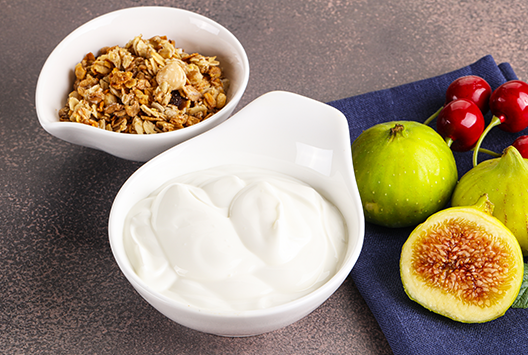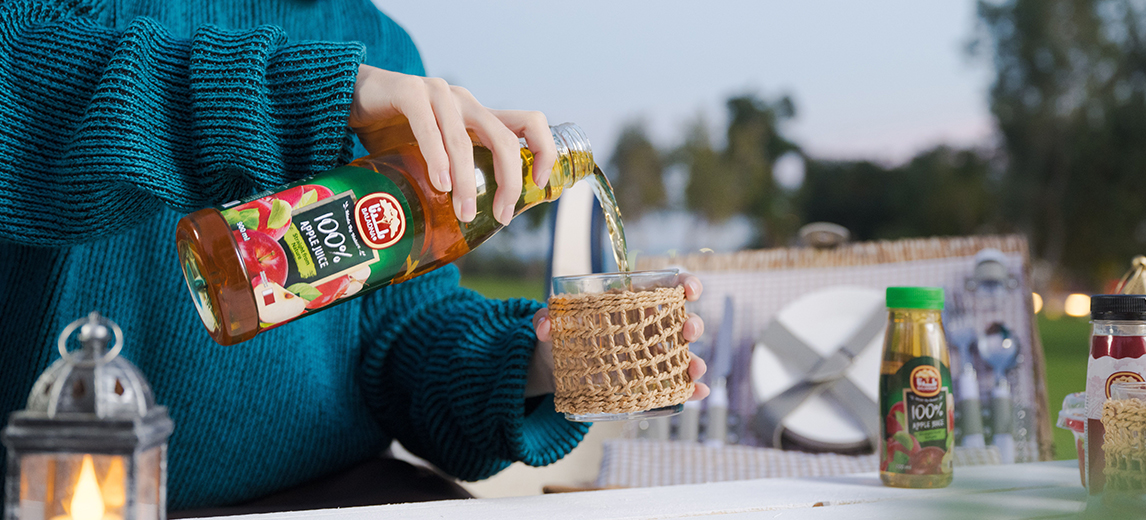
6 Signs Your Yoghurt Has Gone Bad and 5 Tips to Prevent It
Similar
Yoghurt is a versatile food that can be eaten on its own or used as an ingredient in various recipes. It's a nutritious source of protein, calcium, and probiotics. However, it's essential to be aware of the signs of spoiled yoghurt to avoid food poisoning.
In this article, we'll explore the different ways to tell if yoghurt has gone bad and how to prevent it from spoiling. Whether you're a yoghurt lover or a novice, understanding the proper storage and handling of yoghurt is crucial for your health and safety.
1. Appearance and Texture
One of the most apparent signs of spoiled yoghurt is a change in its appearance and texture. If you notice any discoloration or mold on the surface of the yoghurt, it is an indication that it has gone bad. Additionally, if the yoghurt appears watery or lumpy instead of smooth and creamy, it may be unsafe for consumption.
2. Smell
Fresh yoghurt has a tangy and slightly sour aroma. However, if you notice a pungent, rancid, or foul smell, it is a clear indication that the yoghurt has gone bad. In such a case, it is advisable to discard the yoghurt and not consume it.
3. Taste
Spoiled yoghurt may have a sour or bitter taste, which is different from the tangy flavor of fresh yoghurt. If you notice any off-flavors or a metallic taste, it is best to avoid consuming it. If you are unsure about the taste, take a small spoonful and taste it before consuming a larger portion.
4. Expiration Date
The expiration date on the yoghurt container is a crucial indicator of its freshness and safety for consumption. Yoghurt typically has a shelf life of 7-10 days from the date of production. However, this may vary depending on the type of yoghurt and the storage conditions.
Always check the expiration date before consuming yoghurt and avoid consuming it past the expiry date.
5. Storage Conditions
Yoghurt should be stored in the refrigerator at temperatures below 40°F to prevent the growth of harmful bacteria. If you leave yoghurt at room temperature, it can spoil quickly, especially in hot and humid weather. Additionally, it is best to keep the yoghurt container covered to prevent contamination from other foods in the fridge.
6. Gas
If you open the yoghurt container and hear a hissing sound or notice gas escaping, it's a clear indication that the yoghurt has gone bad. Gas production is a sign of bacterial growth, which can cause food poisoning if consumed. If you notice this sign, discard the yoghurt and do not consume it.
Tips for preventing yoghurt spoilage
To avoid yoghurt spoilage, adhere to the following tips:
1. Always check the expiration date before purchasing yoghurt and avoid buying it if the date is close to expiry.
2. Store yoghurt in the refrigerator at temperatures below 40°F and keep the container covered.
3. Do not leave yoghurt at room temperature for an extended period.
4. Avoid contaminating the yoghurt by using a clean spoon to scoop it out of the container.
5. Consume yoghurt within 7-10 days of opening the container.
Enjoy fresh and high-quality yoghurt
If you are looking for high-quality, nutritious dairy products like yoghurt, look no further than Baladna. We are a trusted dairy and beverage company in Qatar that is committed to providing our customers with the best possible products. Try our yoghurt today and taste the difference for yourself!



